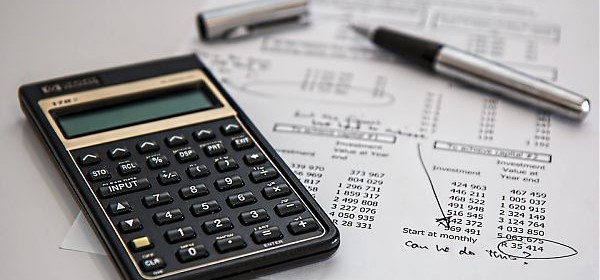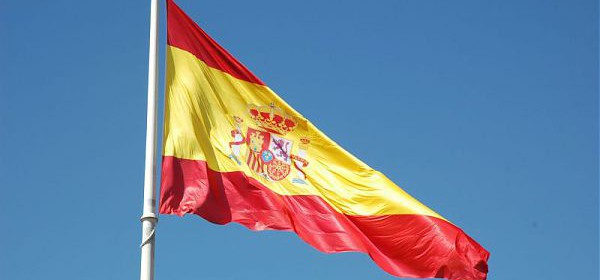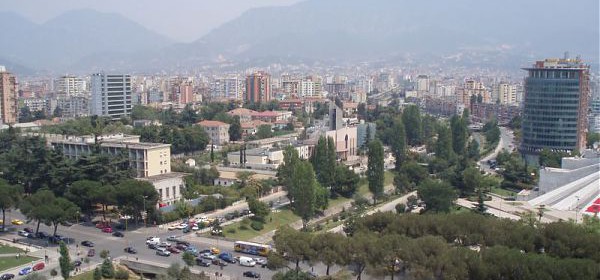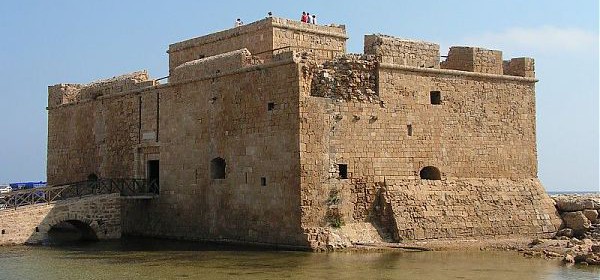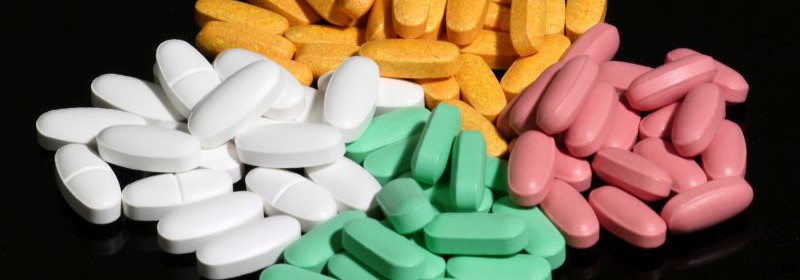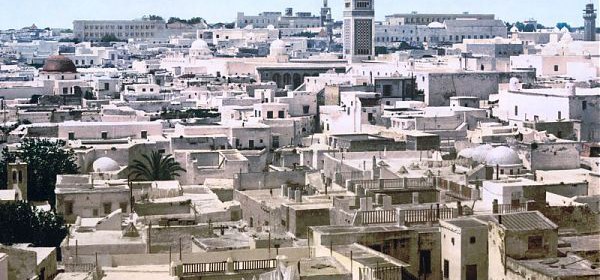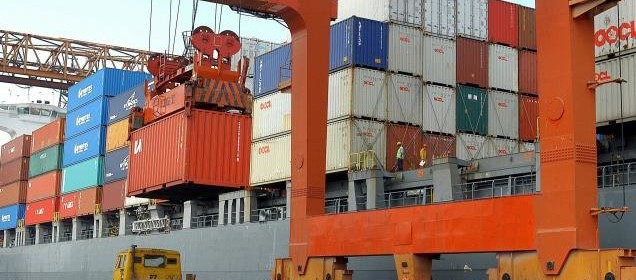TUNISIA, IMF CUTS ECONOMIC GROWTH FORECAST
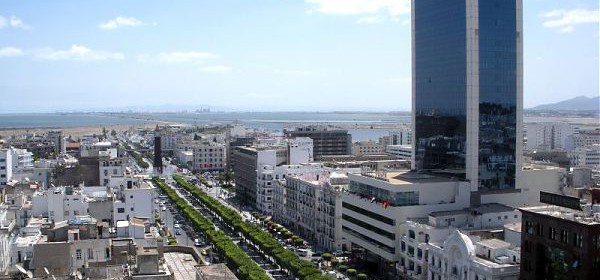
The International Monetary Fund (IMF) has revised down its growth forecast for Tunisia, for 2016, 2% against a forecast of 3%. In 2017, this rate could reach 3%, provides for the international monetary institution.
In its report on the world economic outlook, published April 12 in Washington, in the United States, the International Monetary Fund, it predicted an improvement in the inflation rate in Tunisia, from 4.9% in 2015 to 4% in 2016 and 3.9% in 2017.
As for the current account deficit, the report predicts a 7.7% rate this year and 3.5% in 2017, a decrease of 0.2 and 0.1 points compared to the estimates of the month of January 2015.
According to the report published twice a year the global economic recovery continues, but with a slow and fragile pace although, despite lower than expected, these are on the rise compared to 2015.
The international monetary institution forecasts were announced two days before the work of the Spring Meeting (spring meeting) of the IMF and World Bank. Tunisia is negotiating with the International Monetary Fund for a new credit line of four years, amounting to about 2.8 billion dollars.
(ITALPRESS/MNA).
Source: medNews

